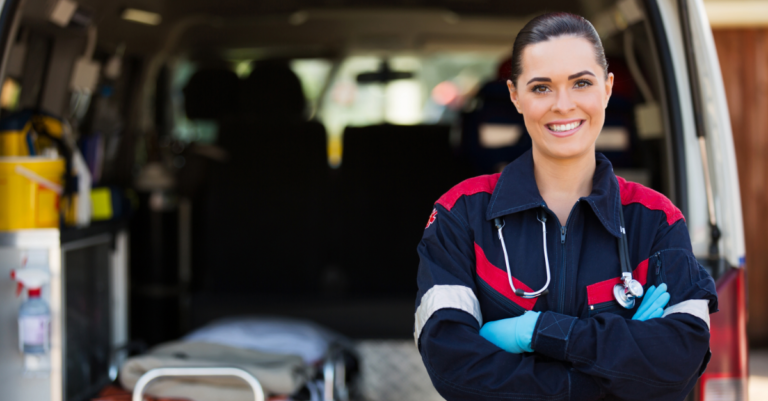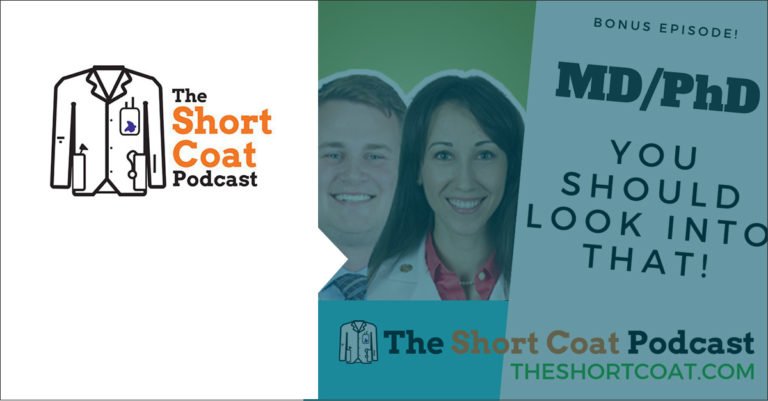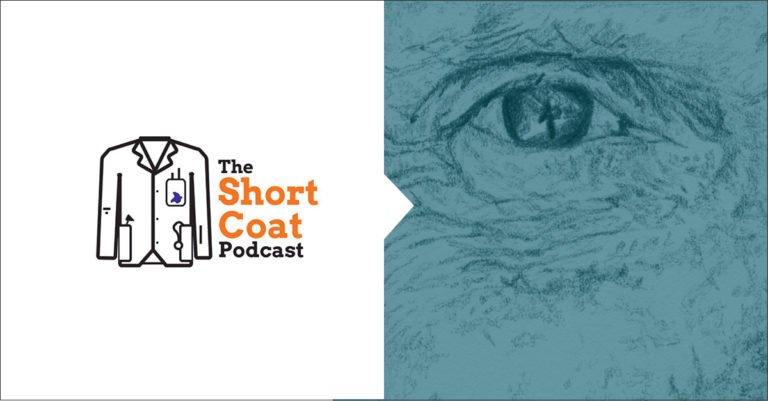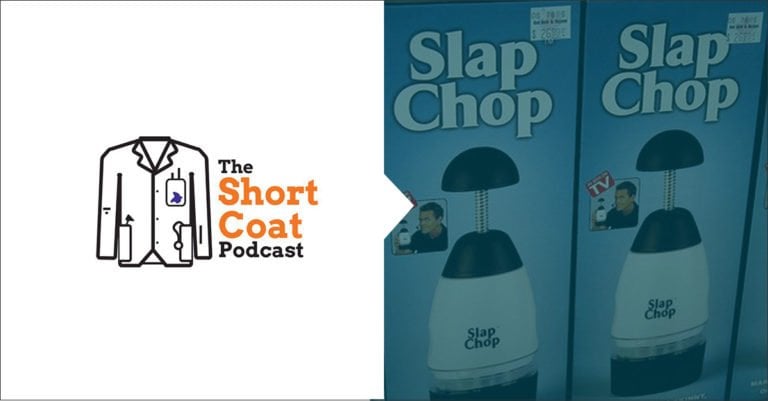
The Future of Nutrition Education in Medicine
Updated October 21, 2021. The article was updated to correct minor grammatical errors and minor ... Read more
Casey Paton
Updated June 24, 2022 by Casey Paton
Learn about medicine and how to become a physician in our articles for pre-medical students (including the MCAT), medical students, resident physicians, and practicing physicians.

Updated October 21, 2021. The article was updated to correct minor grammatical errors and minor ... Read more
Casey Paton
Updated June 24, 2022 by Casey Paton

The first year of medical school is an exhilarating milestone in the life of an ... Read more
Nicole Hawkins
Updated June 24, 2022 by Nicole Hawkins

Medical School Admissions Offices Weigh In What kind of clinical experience do you need to ... Read more
Sushi18
Updated June 24, 2022 by Sushi18

All about Medical Scientist Training Programs [Happy Thanksgiving, US listeners! We’re taking a break for turkey ... Read more
The Short Coat Podcast
Updated June 24, 2022 by The Short Coat Podcast

A 44-year-old female recently diagnosed with acute myeloid leukemia presents with a five-day history of ... Read more
Figure 1
Updated February 4, 2021 by Figure 1

I’ve officially begun my interview trial! I’ll catalog more about my experiences as I go, ... Read more
Adelle
Updated June 24, 2022 by Adelle

Which medication is the most likely cause of this patient’s reaction? A 75-year-old female presents ... Read more
Figure 1
Updated February 27, 2019 by Figure 1

Co-hosts Tim Maxwell, Aline Sandouk, Annie Rempel, and Mackenzie Walhof confront pictures of their younger selves ... Read more
The Short Coat Podcast
Updated June 24, 2022 by The Short Coat Podcast

Yep, you read that title correctly. But go ahead and read it once more! Direct ... Read more
Robin K Kuriakose
Updated June 24, 2022 by Robin K Kuriakose

Lessons I Learned During My USMLE Step 1 Exam The USMLE Step 1 exam was ... Read more
Cassie Kosarek
Updated February 1, 2019 by Cassie Kosarek

Dr. Arefa Cassoobhoy is the Senior Medical Director at WebMD; the Senior Medical Correspondent for ... Read more
Gloria Onwuneme
Updated June 24, 2022 by Gloria Onwuneme

A look at the pros and cons of a post-baccalaureate program, self-designed program, classes as ... Read more
Emily Millet
Updated June 24, 2022 by Emily Millet

May the Slap Chop save us all. As medical science progresses, it not only answers ... Read more
The Short Coat Podcast
Updated June 24, 2022 by The Short Coat Podcast

A 62-year-old female presents with a new non-pruritic rash and muscle weakness. She mentions having ... Read more
Figure 1
Updated February 27, 2019 by Figure 1

It’s become increasingly more common for premeds to take at least one gap year between ... Read more
AAMC Staff
Updated June 24, 2022 by AAMC Staff

As a researcher at the Broad Institute in Cambridge, MA, I have a front row ... Read more
Julia Bauman
Updated February 1, 2019 by Julia Bauman

Welcome to “Research for the Rest of Us”, a column about navigating the complex intricacies ... Read more
Trevor C. Hunt
Updated June 24, 2022 by Trevor C. Hunt

A full-term female infant is born to a healthy 34-year-old woman. Newborn examination reveals a ... Read more
Figure 1
Updated February 27, 2019 by Figure 1

How to find friends outside of the medical world A big part of surviving medical ... Read more
Amy Rakowczyk
Updated June 24, 2022 by Amy Rakowczyk
Current phase of the application cycle.
You are viewing information for the Early Prep phase of the application timeline.